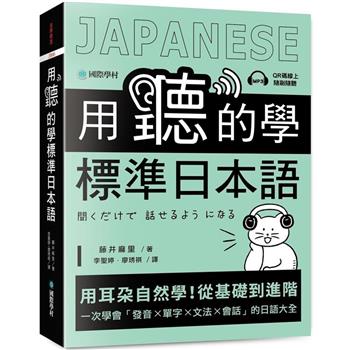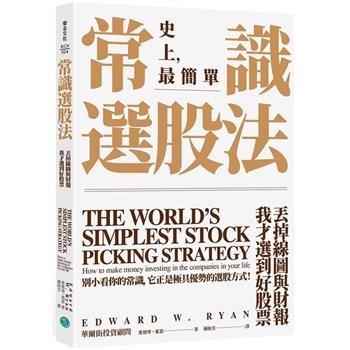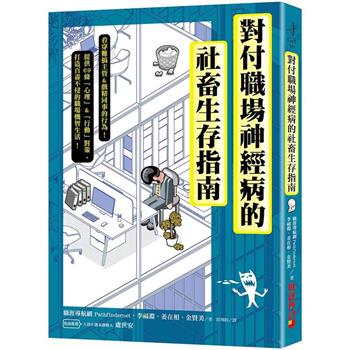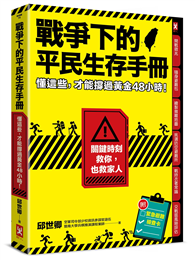The Papers of James Madison project, housed at the University of Virginia, was established in 1956 to publish annotated volumes of the correspondence and writings of James Madison, the Virginia statesman most often remembered for his public service as "Father of the Constitution" and as fourth president of the United States.
The published volumes provide accurate texts of Madison's incoming and outgoing correspondence, informative notes on textual and subject matters, and comprehensive indexes. They are incomparably rich sources for students of Madison's life and valuable research tools for those interested in the general history of the period in which Madison lived (1751-1836).
The project has collected more than 27,000 copies of documents related to Madison's life, including letters, essays, notes, diaries, account books, ledgers, wills, legal papers, and inventories. The project serves the public by translating into print these decaying and often nearly illegible manuscripts, thereby preserving them for future generations and making them easier to use. The published volumes also make the contents of Madison-related documents--the originals of which are housed in some 250 archives worldwide--easily accessible to libraries and interested individuals anywhere books travel.
The Secretary of State Series documents Madison's diplomatic and political career in the two administrations of Thomas Jefferson, 1801-9, during which he oversaw the negotiations for the Louisiana Purchase and the integration of those territories into the United States and attempted to maintain a viable neutrality for the United States vis- -vis warring France and Great Britain. As secretary of state, Madison presided over one of the busiest offices in Washington. He was responsible for the Patent Office, issued all federal commissions, saw that the public laws were put into print, and served as the official liaison between the president and the governors of states and territories. Most important for these volumes, Madison was the addressee of diplomatic pouches and letters from five ministers and over fifty consuls worldwide, as well as about a dozen commissioners.










